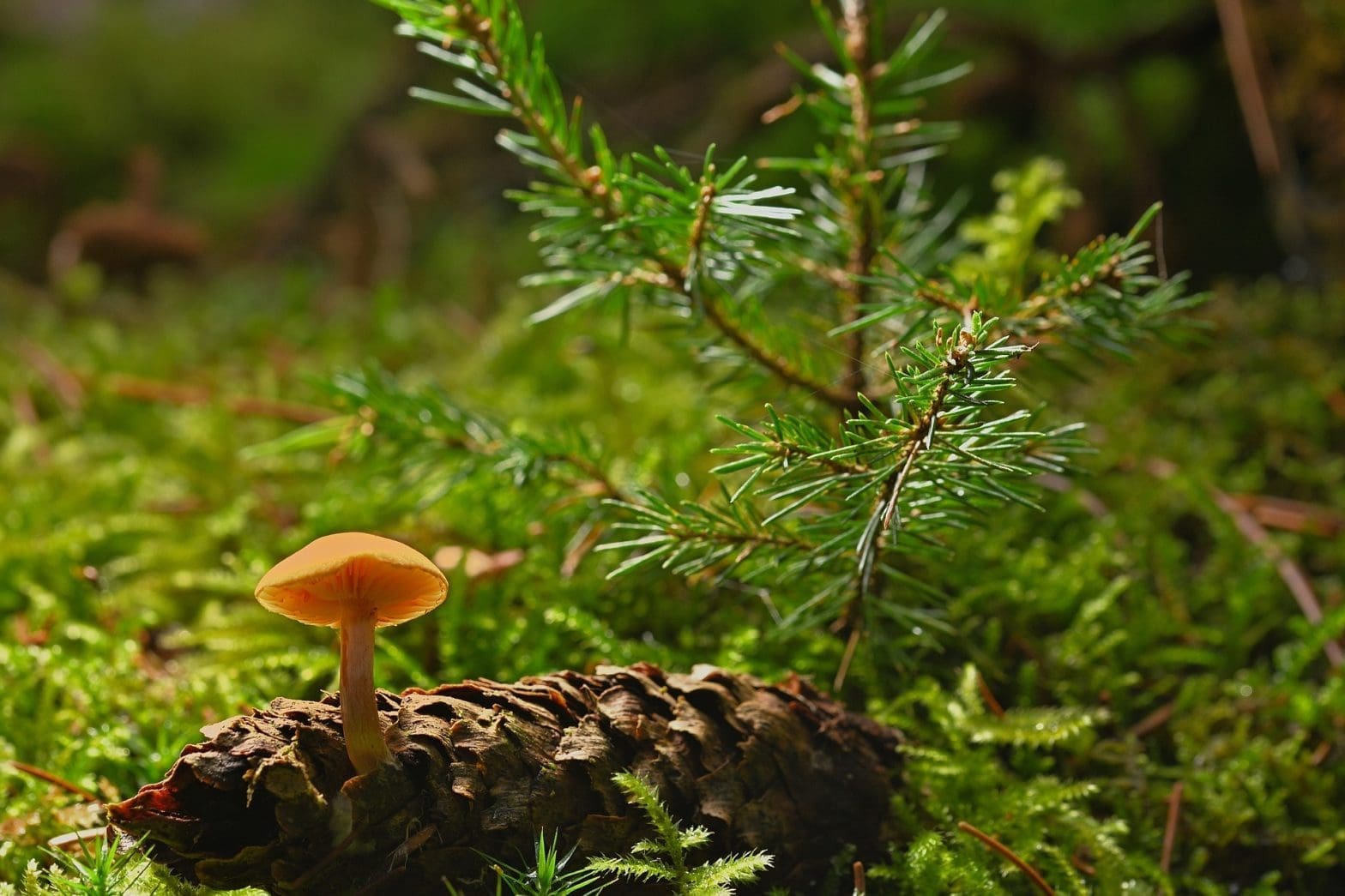Thanks for signing up! You can join the course with this Zoom link (full info below). You will also receive an e-mail receipt with the link for the class. Class runs from April 21 to May 26, 2023 12pm ET. Return to the course page here. Join Zoom Meeting https://us06web.zoom.us/j/7379619555?pwd=YldmMExPamorTnptR25aamlmSkFodz09 Meeting ID: 737 961 9555Passcode:…
Tag: Biodiversity 8
Success
Thanks for signing up! You will receive an e-mail receipt with a Zoom link for the class. Class runs from March 1 to May 12, 2023, with sessions at 12pm ET and 7pm ET. Return to the course page here.
Registration Biodiversity 8
To register for Biodiversity 8 Deepdive with Jim Laurie, please fill out the form below. Please note that we want you to join us more than anything, so we never turn anyone away based on ability to pay. In addition to our low-budget option for students, listed below, we have volunteer and scholarship opportunities, so please contact staff@bio4climate.org for further…
Biodiversity 8 – Deepdive into Symbiosis
Biodiversity 8 Deepdive: Symbiosis is Challenging Survival of the Fittest Spring 2023, Wednesdays, March 1 – May 12 How has conventional interpretation of Darwin’s survival of the fittest shaped not only our understanding of science and extinction, but also economics and cultural values? Are we genetically doomed to compete with nature and with each other…

